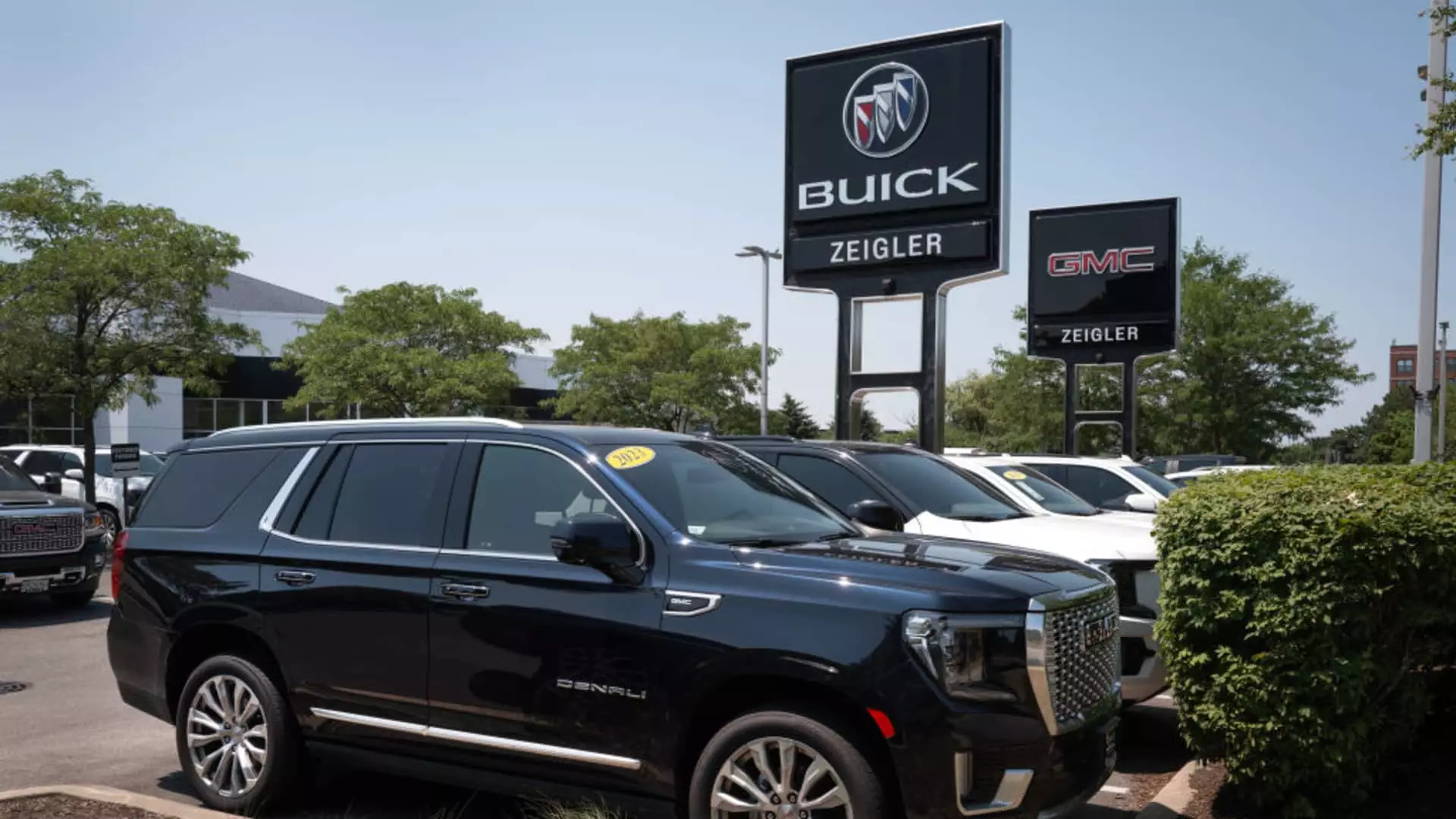General Motors recently reported its best quarterly sales in over three years, with a notable increase in full-size pickup trucks and all-electric vehicles. The Detroit automaker revealed that its total sales for the second quarter reached 696,086 units, marking a 0.6% increase from the previous year. Despite this positive trend, EV sales only accounted for 3.2% of the total sales. However, the sales of GM’s full-size pickup trucks experienced a significant boost, reaching about 229,000 units, a 6% increase from the previous year.
Industry-Wide Impact
The auto industry faces challenges in the second quarter, with cyberattacks on dealer software provider CDK Global leading to disruptions in sales operations. The ransomware attack on June 19 forced CDK to shut down its dealer management system, affecting nearly half of all dealerships in North America. Analysts predict that the cyberattacks will have a significant impact on sales during the second half of the quarter, especially during a period of high customer demand.
Dealerships, including major publicly traded groups like Asbury Automotive Group, AutoNation Inc., Group 1 Automotive Inc., Lithia Motors Inc., and Sonic Automotive Inc., had to navigate delays and figure out alternative sales strategies due to the CDK cyberattacks. While dealers are working to address customer demand, some deliveries may be delayed until the third quarter. The industry remains optimistic that sales will not be lost entirely and can be recouped in the coming months.
In contrast to General Motors’ sales performance, Toyota reported a 9.2% increase in U.S. sales for the second quarter, with a total of 621,549 vehicles sold. Hyundai also experienced growth with a 2.2% increase in sales compared to the previous year. However, Kia saw a decline in June sales and reported a 2% decrease in overall sales for the first half of the year.
The auto industry faces uncertainties in the wake of cyberattacks and fluctuating consumer demand. While the impact of the CDK cyberattacks presents challenges for dealers and manufacturers in the short term, the industry remains resilient. Analysts anticipate that sales may be deferred but not lost entirely, with a potential rebound in the third quarter as operations stabilize and customer confidence returns. Despite current setbacks, the auto industry continues to adapt and innovate to overcome challenges and drive future growth.

